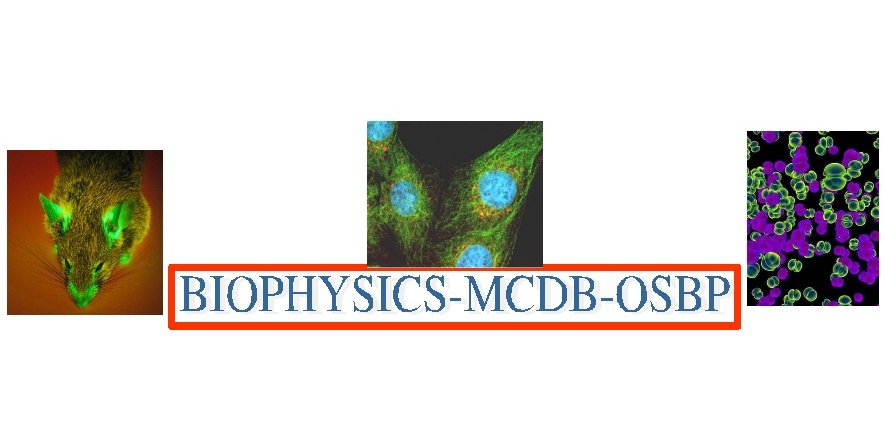Interdisciplinary Graduate Programs Symposium

2010 OSU Molecular Life Sciences
Interdisciplinary Graduate Programs Symposium

Talk abstracts
Abstract:
Glycogen synthase kinase-3 (Gsk-3) is a constitutively active, largely inhibitory kinase that is involved in a diverse number of cellular pathways ranging from Wnt signaling and insulin signaling to maintenance of pluripotency in embryonic stem cells and neural progenitors. Underscoring its biological significance, signaling pathways which alter Gsk-3 activity have been implicated in diabetes, Alzheimer’s disease, schizophrenia, and bipolar disorder. The two vertebrate Gsk-3 isoforms, Gsk-3α and Gsk-3β, are encoded by distinct genetic loci and exhibit mostly redundant function in murine embryonic stem cells (ESCs). To better understand the functional significance of Gsk-3 deletion, we performed microarray gene expression analysis of mouse ESCs deficient for Gsk-3. Here we report that deletion of both Gsk-3α and Gsk-3β in mouse ESCs results in misregulated expression of imprinted genes and hypomethylation of corresponding imprinted loci. Treatment of wild-type ESCs with small molecule inhibitors of Gsk-3 phenocopies the DNA hypomethylation of imprinted lociobserved in Gsk-3 null ESCs. We provide evidence that DNA hypomethylation in Gsk-3 null ESCs is due to a reduction in the levels of the de novo DNA methyltransferase, Dnmt3a2. Gsk-3 activity serves as a node for several signal transduction pathways, and its regulation of Dnmt3a2 expression raises the possibility that DNA methylation could be transiently affected by different types of environmental stimuli. Our data suggest that modulating Gsk-3 activity via signal transduction or pharmacological inhibition regulates the epigenome, and adds a new perspective on the consequence of altering Gsk-3 activity.
Keywords: GSK-3, DNA Methylation, ES cells